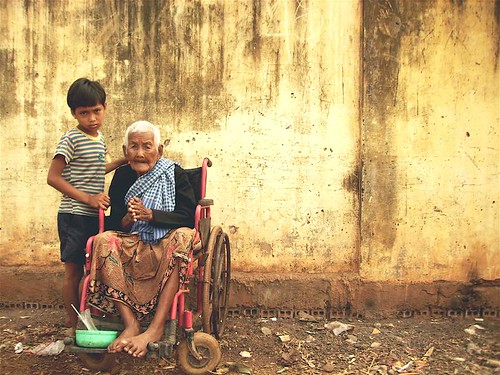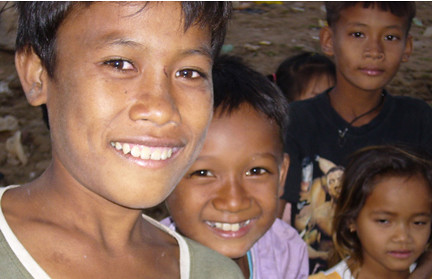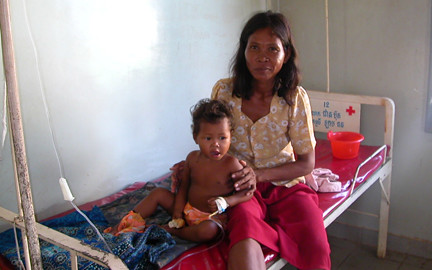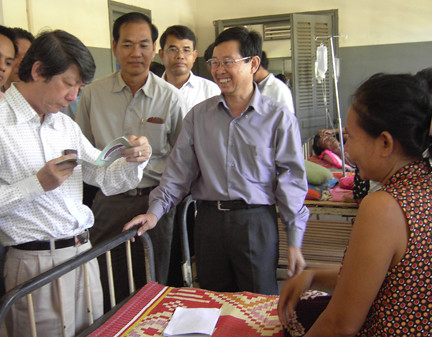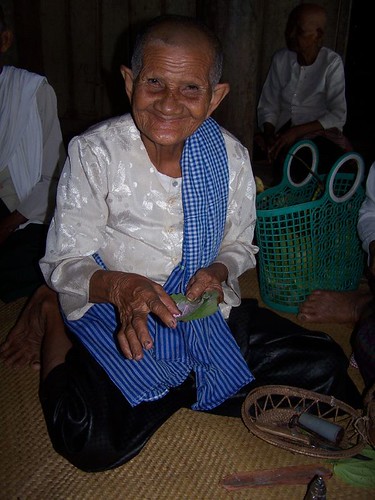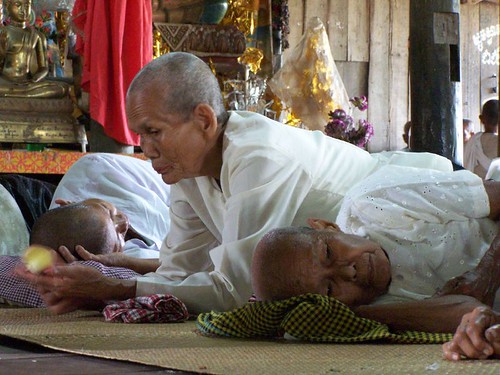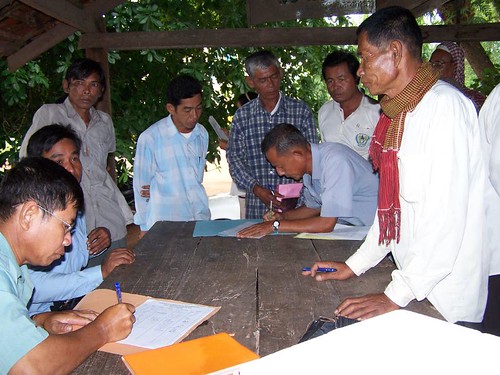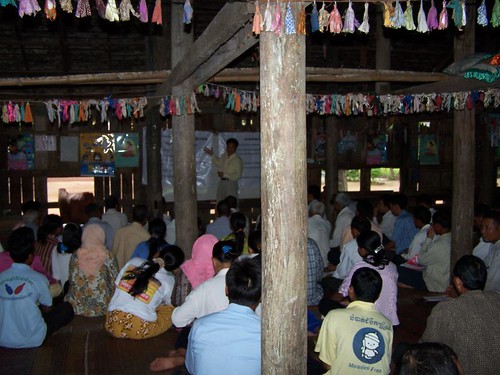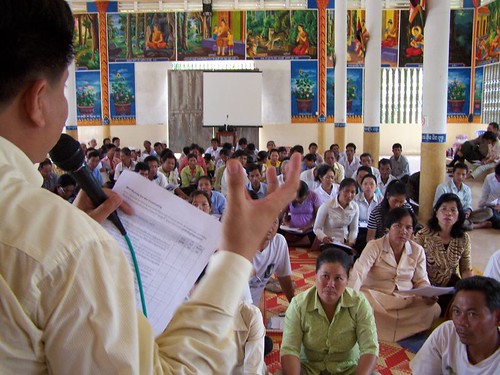This interactive map with accompanying document shows the source of aid by country, and maps other interesting information such as corruption, natural disasters, security risk areas, etc. (If aid map is not the default, click the scroll-down map to ‘aid’.)
Aid began after WWII in the new international economic system. Supporting insufficient capital flows in developing countries became part of the Cold War politics. OECD collects data on Official Development Assistance, which does not include funds from philantrophic sources, private foundations, or NGOs.
To address poverty, in a 1970 UN resolution, industrialised nations committed 0.7% of their GNI towards international aid. Of the 22 OECD Development Assistance Committee (DAC) countries, only five regularly meet this target (Sweden, Norway, Luxembourg, the Netherlands and Denmark). On percentage of GNI, the US is one of the lowest contributors (0.18% in 2006), but in absolute amount, it is the highest contributor by almost twice the next country. That of course is now surpassed by the UK, given the devaluation of the dollar against the pound.
